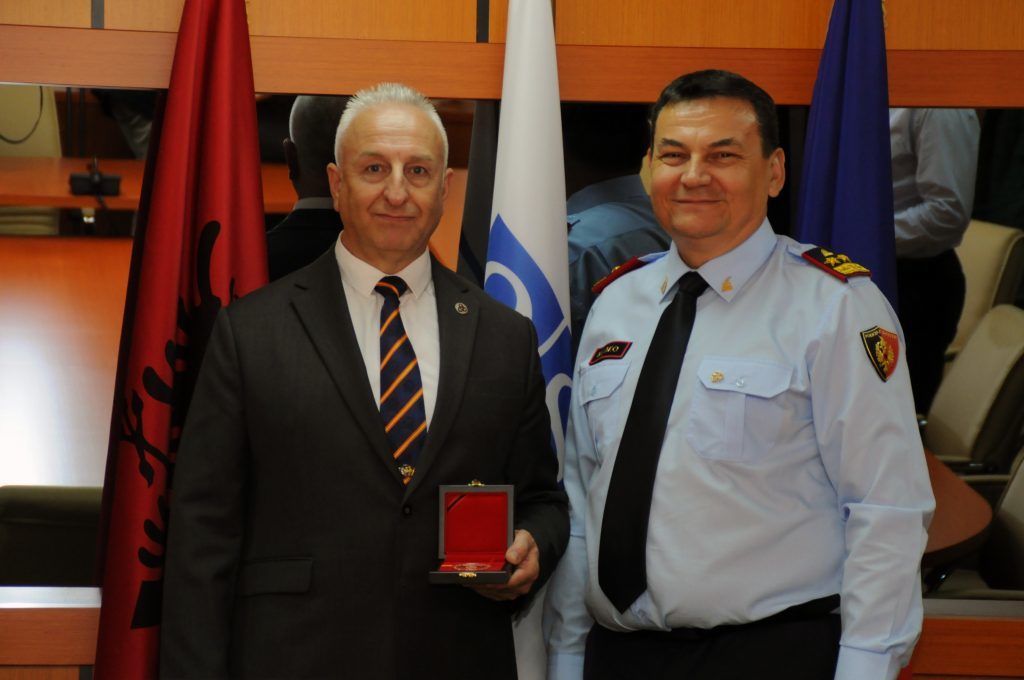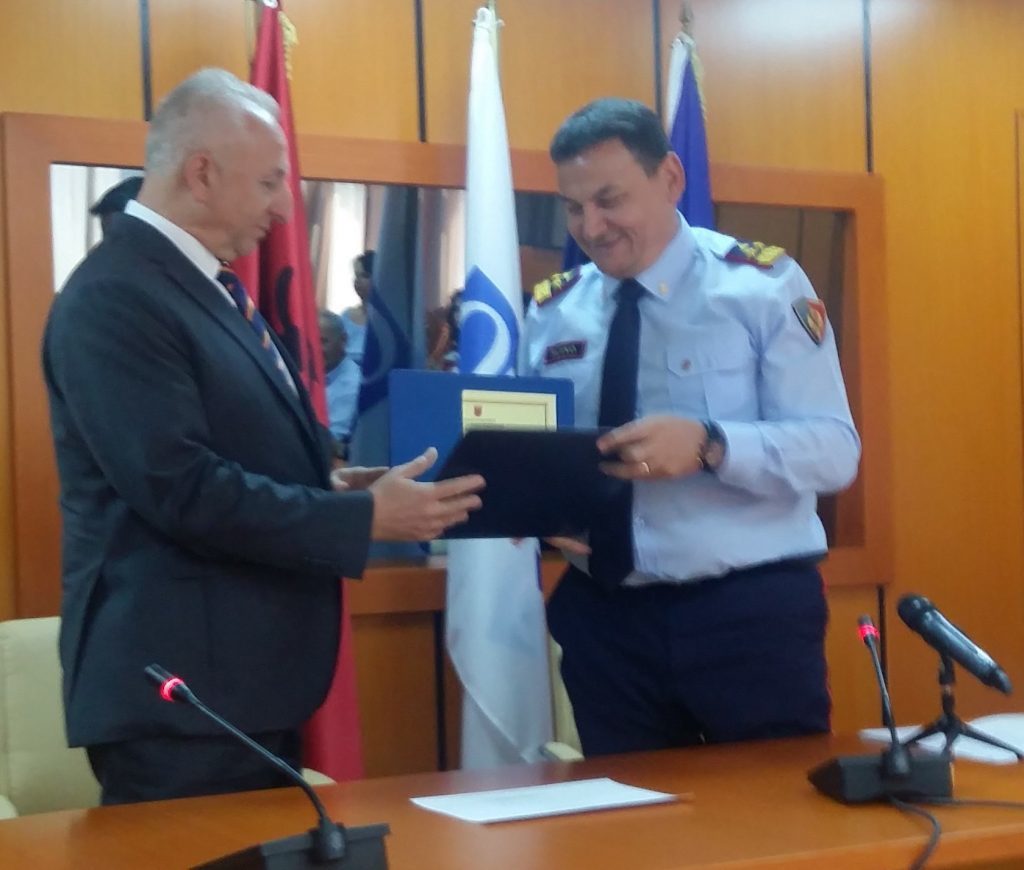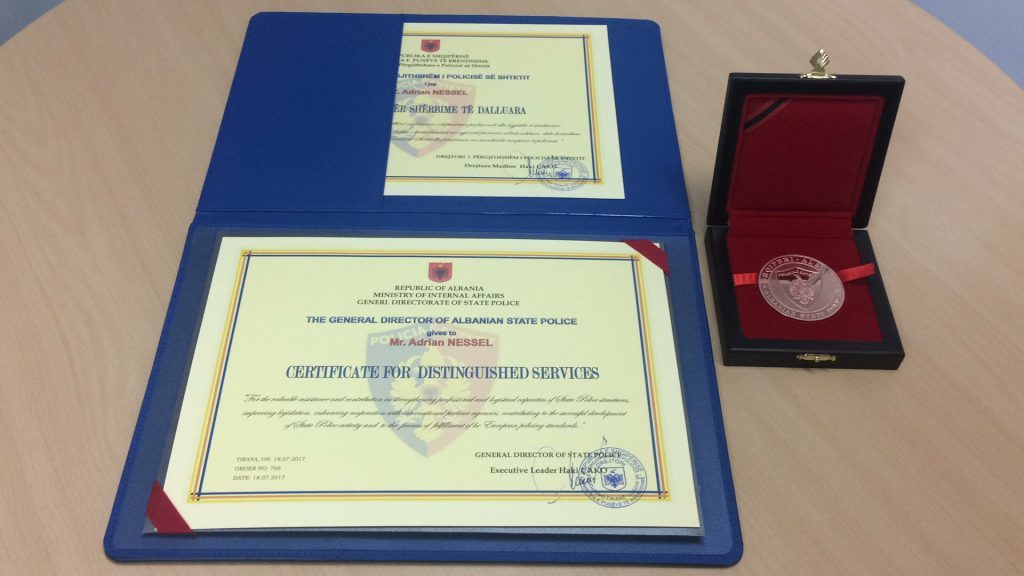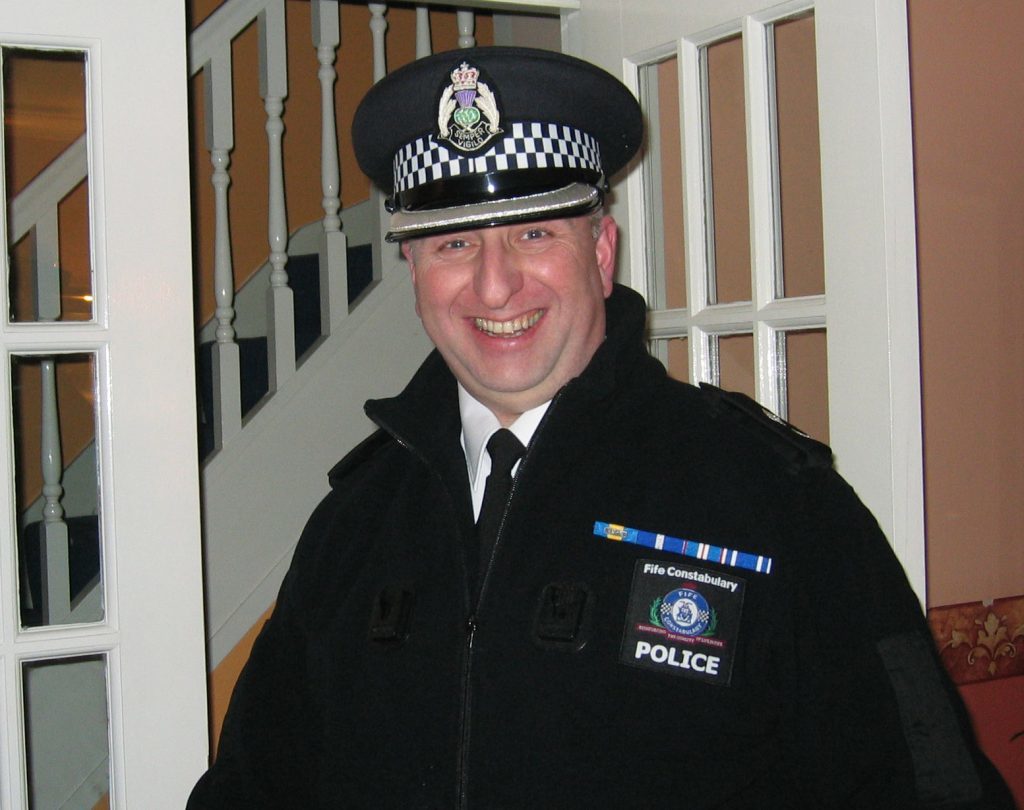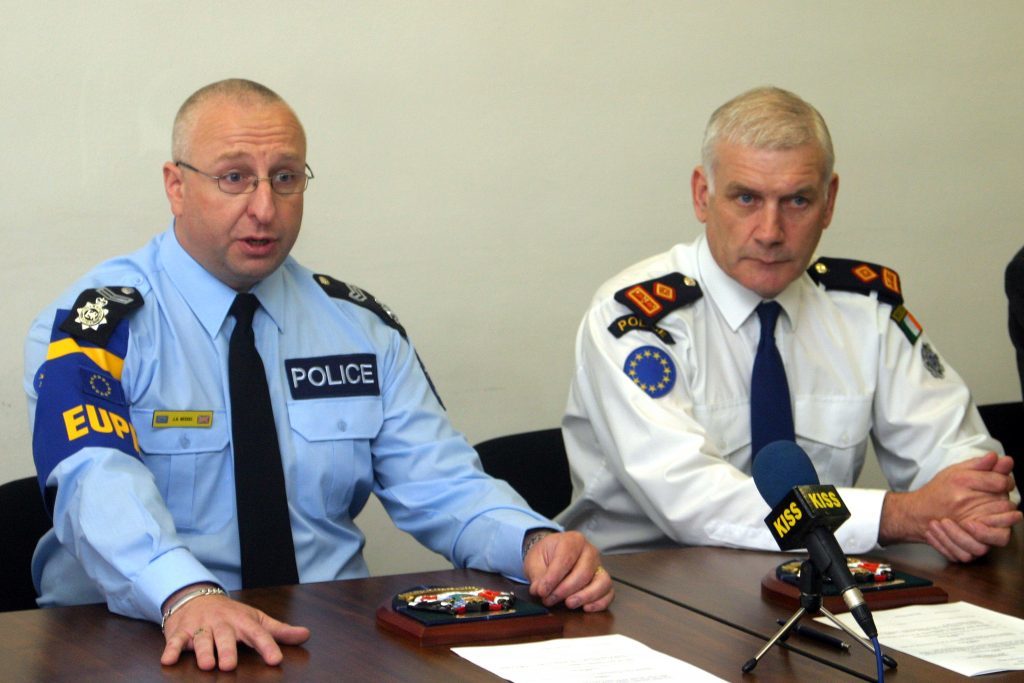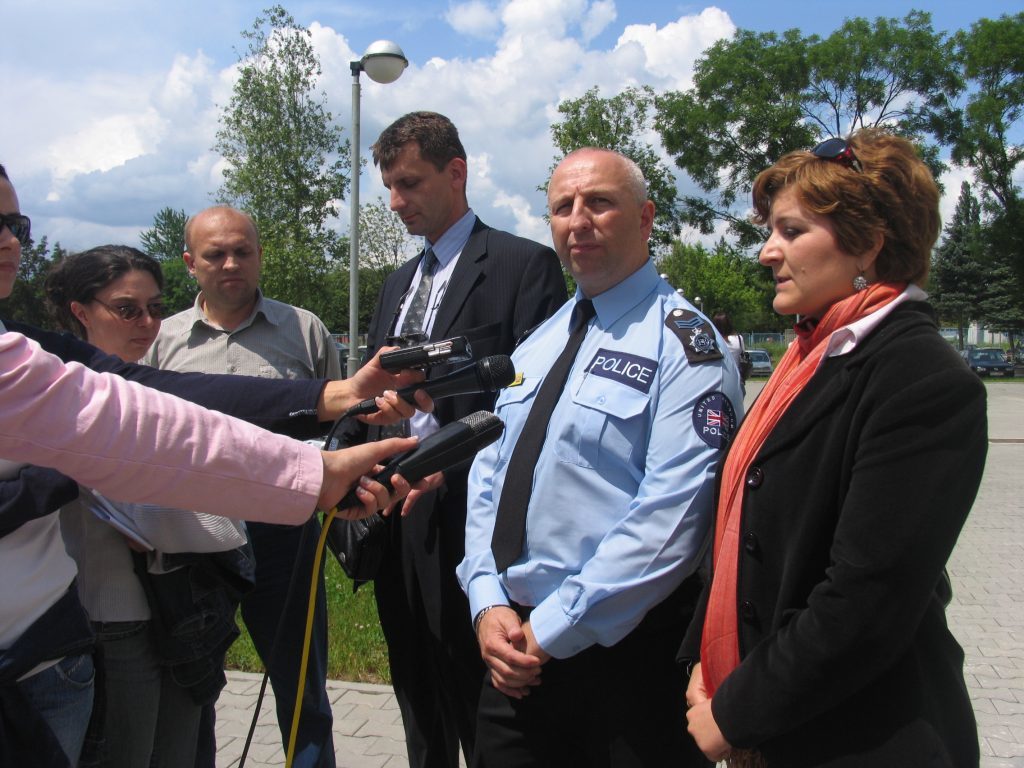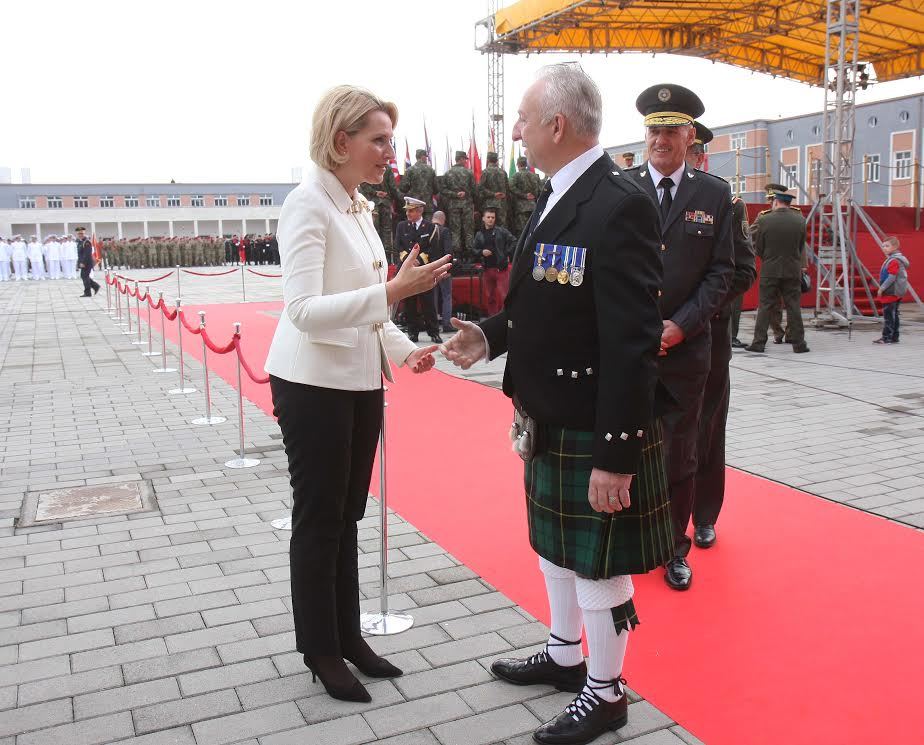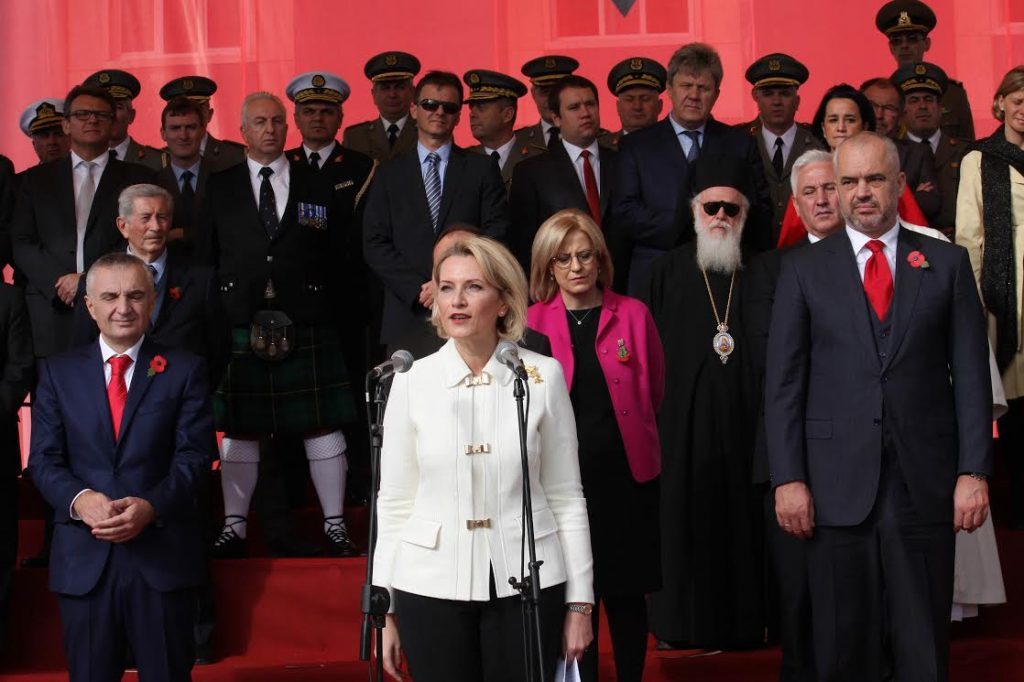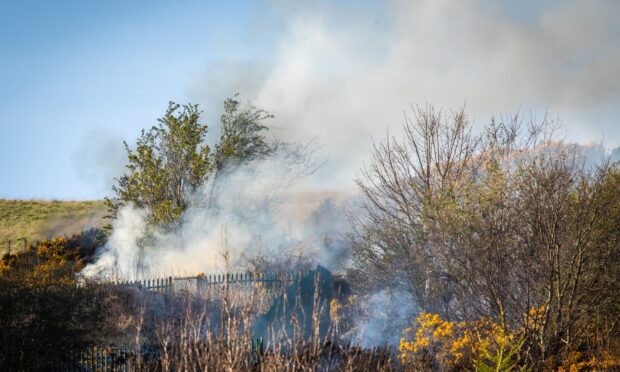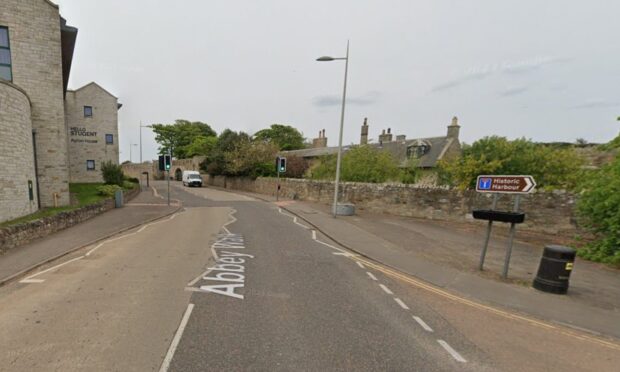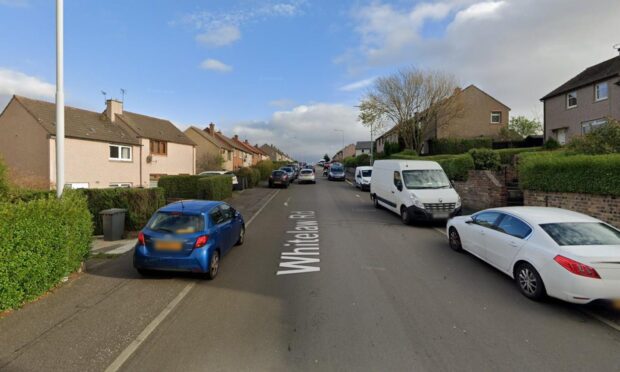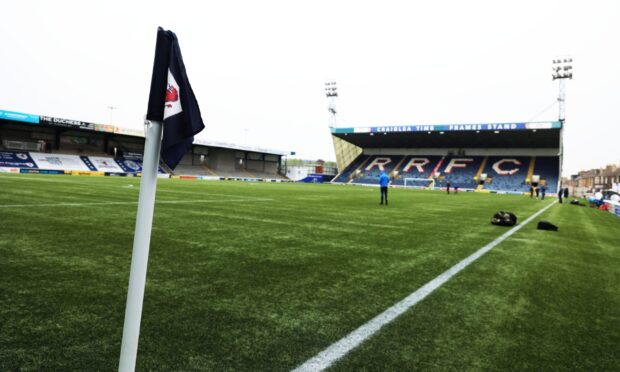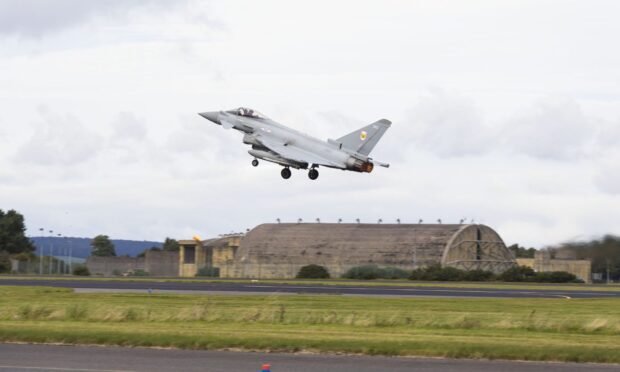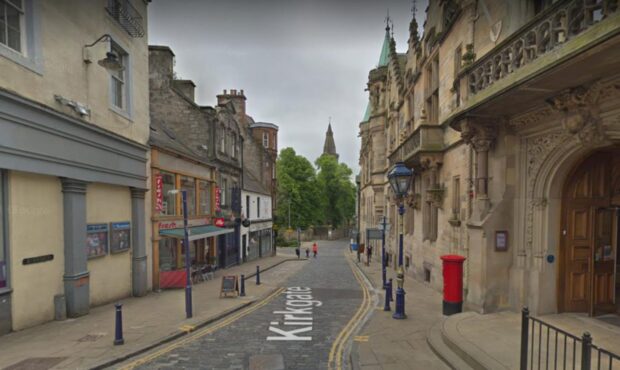Michael Alexander speaks to former Fife police inspector Adrian Nessel who is helping transform policing in the Balkan states with methods that were pioneered in Fife.
They might be 2000 miles and half a continent apart.
But for former Fife police officer Adrian Nessel, the similarities between his home beat of Levenmouth and the former communist state of Albania where he has been based for six years are intriguing.
Not dissimilar to Levenmouth, Albania has an often under-rated coastline of beaches, hills and picturesque sea.
Both communities have also not been immune to anti-social issues such as drugs and organised crime.
However, it is policing methods Mr Nessel learned during his 32 year career in Fife which he has been directly applying to help combat organised crime, drugs and extremism in Albania, and for which he has just been granted an award by the Albanian authorities.
For six years Mr Nessel, who grew up in Buckhaven, has been head of the Security Co-operation Department within the Organisation for Security and Co-operation in Europe (OSCE) in Albania.
Now, having just moved into a similar role in Macedonia, he was honoured by the Ministry of Interior and General Director for his services to law enforcement in Albania and received the Albanian State Police Medal for his efforts.
“If there’s one thing that I’ve talked about regularly in Albania, it’s multi-agency community engagement which was pioneered in Fife,” he says.
“I draw on the model that was kicked off back in the day by chief inspector Andy Morris in Methil.
“At that time Levenmouth was one of the worst for volume crime. It had a hellish reputation for heroin abuse.
“When the multi-agency community engagement model came in, causing people to engage and build trusted relationships with the police and other agencies, it was such a success that it became the norm.
“That’s what I’ve been using – only out here a lot of what I’ve been looking at has involved issues of violent extremism which leads to terrorism and lack of trust in the police.
“Through community engagement and intelligence-led policing people talk and engage, and we’ve had some really good successes where people understand that trusting relationships can have positive community results.”
The son of a Polish paratrooper who was stationed at Upper Largo during the Second World War before settling in Fife, Mr Nessel, 56, a former pupil of Buckhaven High School, joined the then Fife Constabulary as a 17.5 year old cadet.
“I wanted to do something where I could work with people and be useful, so that’s why I applied to the police,” he recalls.
He retired with the rank of inspector in 2009 following a successful 32-year career which saw him serve in Levenmouth, Glenrothes, Kirkcaldy, Dunfermline and Dalgety Bay, and included management roles in uniformed patrol duties, community policing and CID intelligence and investigation.
An experienced senior investigating officer,he assisted in the development of Scotland’s national crime scene management policy and training.
His horizons were broadened further between April 2004 and December 2005 when he undertook a UK Foreign and Commonwealth Office secondment to the European Union Police Mission, Bosnia and Herzegovina where he led the deployment of 30 international police officers and 10 national personnel in the administration of strategic programmes and coordination.
There, he reviewed police working practices working with local police managers to improve efficiency and performance for which he was awarded the European Security & Defence and NATO (Non Article 5) medals.
Once retired he quickly realised that he “did not like retirement”, and decided to apply for work in Albania and succeeded, taking on his OSCE post in 2011, and applying much of what he had learned back home.
“There are lots of things in Albania that are very similar to policing back home,” says Mr Nessel.
“But there are lots of challenges that are not like ours. For example, in Albania, unlike the UK if the government changes then the leadership of all the organisations change.
“You could argue that’s not the way to do it because you are thinking efficiency and sustainability.
“But that’s just how it happens for a lot of countries in Europe.”
Mr Nessel said the OSCE’s strength as an organisation is that it can bring stability and continuity against a challenging backdrop.
With Albania experiencing particular problems with crime, corruption and drugs, he described Albania as a “country in transition” and said much of his role revamping their police service was to help them pave the way for EU admission – a slight irony given that his own country is preparing to leave.
He adds: As an organisation, the OSCE is very focused on issues such as countering violence and extremism. Basically anything which is an emerging threat now in the world or which is becoming a hot topic, we are probably there or thereabouts.
“I am looking forward to carrying on the challenge in Macedonia as head of the police development unit.”
